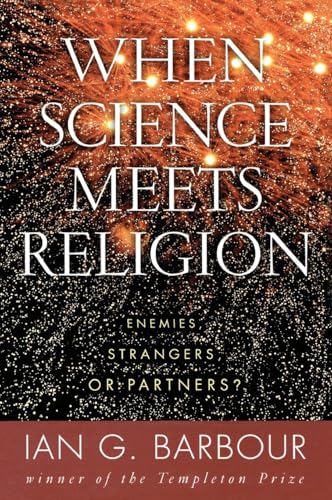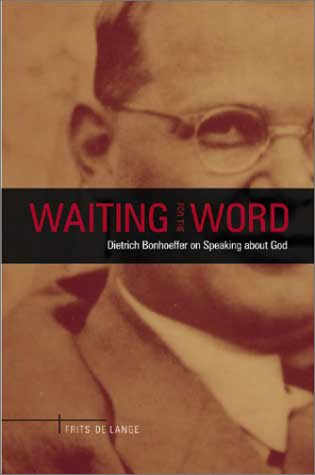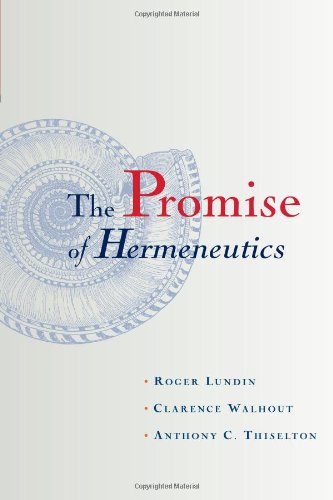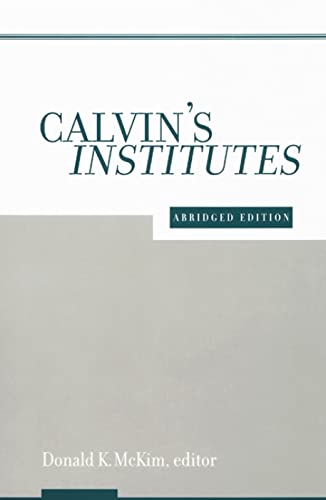Psychology, Religion and Mental Health
Written by Montagu G. Barker Reviewed By Steven MidgelyDr Barker’s book explores a number of contemporary issues in medicine, psychiatry, and religious experience from a scientific perspective. He challenges ‘the sceptic to be more reflective in analysing spiritual experience’, and ‘religious enthusiasts to be more rigorous in evaluating their own religious experience’. He hopes the book will be of help ‘to pastors, clinical psychologists, psychiatrists and to all those who try to make sense of their own spiritual journey’.
The four chapters are transcripts of his Bristol Templeton Lectures from 1995. The first chapter reviews six figures who, over the course of the past 200 years, have particularly influenced the way religion is viewed, both within the scientific community and in the popular mind. Evangelicals who harbour a suspicion of psychiatry and psychotherapy may find it interesting to discover the historical roots of some of their prejudices. The analysis of Freud’s critique of religion is succinct and helpful, as are his comments about those who have conducted studies on religious experience including William James, Sir Alister Hardy and David Hay. This historical review is concise and informative and pitched at a level that is accessible for the non-scientist.
The second chapter explores the experience of conversion and reviews the classic works by William James (‘The Varieties of Religious Experience’) and William Sargant (‘The Battle for the Mind’) as well as Professor Eileen Barker’s more recent analysis of the cults. But as Dr Barker makes clear, what happens at conversion does not necessarily reveal anything about the validity of a person’s beliefs. His analysis, however, of the techniques used by the cults to precipitate conversion may cause some evangelists to review their approach!
The third chapter explores our society’s growing fascination with healing in general and alternative therapies in particular. He reviews Professor Jerome Frank’s thesis that it is a sense of ‘demoralisation’ that underlies all our health seeking behaviour and that the four central features of any healing process are: a confiding relationship; a setting in which healing takes place; a convincing rationale to explain the healing and the arousing of strong emotions. This analysis is explored in relation to healing services and other more experiential expressions of Christianity.
The final chapter reports a number of fascinating studies demonstrating the positive effects religion has on physical and mental health. Whether it is speed of recovery from hip surgery or susceptibility to heart attacks, or likelihood of mental illness it seems that a healthy dose of religion is good for you!
Although each chapter stands alone, it seems that the thesis underpinning Dr Barker’s work is that while science can, and has, made important observations on religious experience, scientific enquiry can never be the method of choice to investigate the validity of religious claims. He appeals, nevertheless, to those of us in the religious community to be willing to submit our beliefs and our behaviour to honest appraisal. I too would share his concern that ‘there can be a stifling, personality binding and inhibitory quality to some Christian groups, not just cults, which can damage and maim some souls’. With approval he quotes James Packer: ‘Unreality in religion is an accursed thing. We need God to make us realists about both ourselves and him.’
This is a valuable and accessible introduction to certain aspects of the interface between psychological thinking and religious experience. As a short survey of some key figures, it is a rich source of information. If I have a hesitation it is that the concluding sections to each chapter are too short. Having done the hard work in reviewing many classic texts with great precision, I wish he had spent more time exploring the implications for the practice of biblical Christianity.
Steven Midgely
Cambridge







